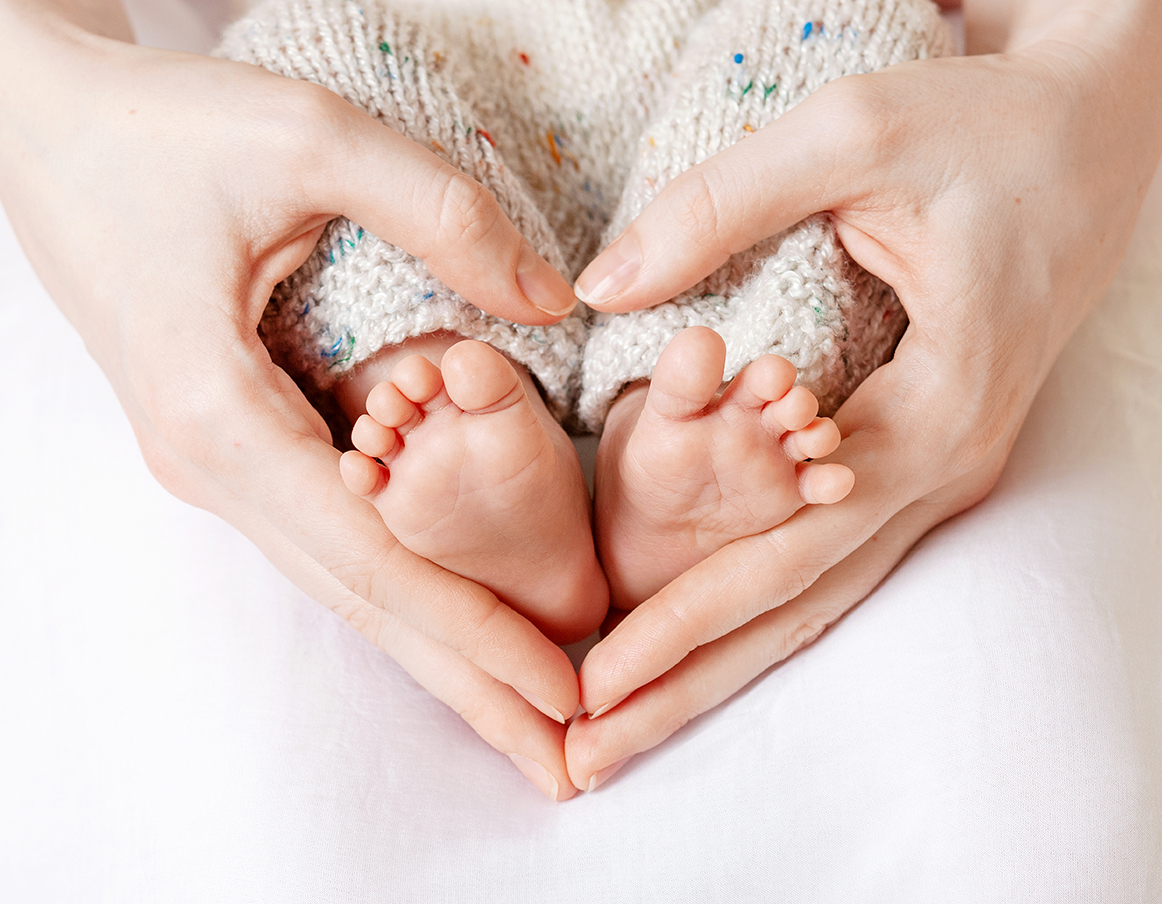Services
Blog

Egg donation can also be used for women who have not had successful results from standard IVF or ICSI treatments because of low egg quality or egg deficiency. For those women, egg donation treatment really is a miracle. Egg donation means that all women, regardless of their circumstances, can easily become mother even if they are going through menopause.
Donor eggs are usually needed in the following cases:
- A high risk of passing on genetic disease
- If the ovaries have been affected by illness/medical treatments
- After IVF cycles that have determined that the eggs are of poor quality
- Premature menopause
Tests needed from the patient (woman):
- HbsAg
- AntiHbs
- HIV
- HCV
- VDRL
- CBC
- Blood Groupt
- Toxoplazma IgG-IgM
- Rubella IgG-IgM
- CMV IgM
- Prolactin
- Tsh
- Ft4
*Note, woman over 45 years of age need additional tests such as:
- ALT
- AST
- Urea
- Creatinin
- Glukose
- Endocrinologist report and Cardiologist report claiming that you are fit for pregnancy
Blood tests needed for the patient (Man):
- HbsAg
- AntiHbs
- HIV
- HCV
- VDRL
- Blood Group
- Spermiograma
Stages of Egg Donation
- After contacting our coordinator a personalised treatment plan is put together, specific for every patient. Testing is completed to ensure the highest chance of a successful treatment. The patient coordinator continuously provides psychological support for couples, from the decision-making process through to the preparation stage of the egg donation treatment.
- Egg donors are selected by the embryologist, a specialist in the field. These are matched according to the information received from the couple, including, but not limited to, their ethnic identities, physical attributes, dominant characteristics, and blood group. After the couple have approved the donor, the final decision is made by performing comprehensive testing on the donor (see below).
- Fresh eggs are insured and prepared for each treatment cycle. The mother and donor get
prepared for treatment simultaneously. The mother’s menstrual cycle is synced to that of the
donor before the treatment begins, using medication.
The preparation process starts on the 2nd or 3rd day of the mother’s and donor’s menstrual period and lasts approximately 12 days. - After about 12 days of medication, the donor is ready for the egg collection process. All eggs collected are fertilised with sperm of the father. Each donor provides eggs for one couple at a time, they are not shared with another couple, and this means it can be guaranteed at least 10 healthy, mature eggs for each patient. After fertilisation, the embryos are left to develop in special incubators in our in house laboratory. On the same day the donor’s eggs are collected, the endometrium of the mother is examined and a new medication cycle starts that prepares the mother for pregnancy.
- The last stage of the treatment in egg donation is the embryo transfer stage. This procedure takes place on the 3rd or 5th day after fertilisation. The ‘best’ embryos are transferred to the mother in a painless procedure. Doctor will use guided ultrasound to place them in the location most likely to achieve successful implantation.
About Egg Donors:
You can rest assured that all of the collected eggs from donors are of a high quality. The donors have been tested (physically and mentally) and they are between 20 – 26 years of age.A minimum of 10-12 fresh eggs is guaranteed, mature donor eggs for all of the patients.
Before their eggs are considered for use, the donors are required to undergo a blood test and must answer comprehensive genetic and medical health questionnaires. Another important factor for us is that the selected donors are mothers or they have at least successfully donated eggs in the past. You can select donors of any hair or eye colour, from any nationality or ethnic origin, as egg donors are matched according to the information received from the couple. The laws in North Cyprus protect the donor and the receiver and it is not possible to identify the donor or the patient.
Below you will find all the tests that donors must go through: the initial tests are for infectious diseases, the second level tests are for hormones, the third level involves chromosome testing and the fourth level tests are for genetic diseases.
- Anti-HIV – test for AIDS infection/ HIV
- Anti-HCV – test for Hepatitis C Virus
- Rubella IgG-IgM – German measles infection
- CMV IgG- test for Cytomegalovirus infection
- HbsAg – test for Hepatitis B virus infection
- VDRL – test for Syphilis infection
- AntiHbs
- Toxoplazma IgG-IgM
- CBC
- Blood Group
- FSH – follicle stimulating hormone
- LH – luteinizing hormone
- AMH – Anti-Mullerian hormone to indicate the ovarian reserve
- TSH – thyroid stimulating hormone
- E2 level
- Prolactin
1. Karyotyping is used to detect chromosomal abnormalities
2. Cystic fibrosis – an inherited disorder that causes severe damage to the lungs, digestive
system and other organs in the body
3. Phenylketonuria – a genetic error that affects metabolism
4. Thalassemia Major/Minor – the body produces an abnormal form of haemoglobin
5. FMF, Familial Mediterranean Fever or polyserositis – a genetic auto-inflammatory
disorder
6. Haemophilia A&B – inherited blood clotting disorders



